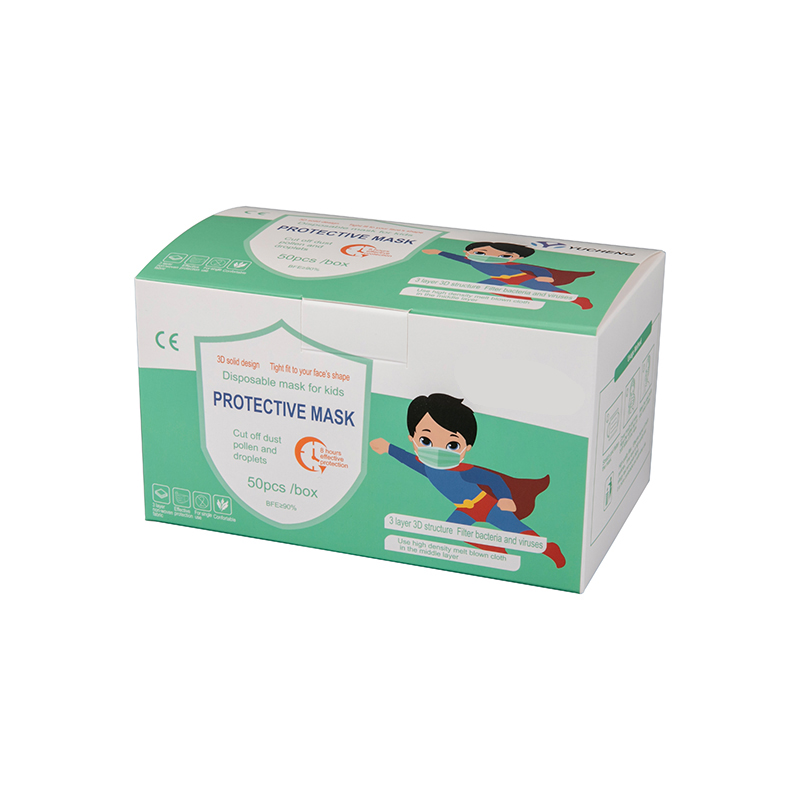What is the difference between 3 ply mask and 2 ply mask?
2023-10-16
The difference between a 3-ply mask and a 2-ply mask lies in the number of layers of material used in their construction.
A 3-ply mask is typically composed of three layers of material:
1. Outer layer: This layer is usually made of non-woven fabric and serves as a protective barrier against external contaminants.
2. Middle layer: Also known as the filtration layer, this layer is designed to provide filtration and is often made of a melt-blown material. It helps to filter out particles and droplets.
3. Inner layer: This layer is in direct contact with the wearer's face and is typically made of a soft and comfortable material to ensure a comfortable fit and minimize irritation.
On the other hand, a 2-ply mask consists of only two layers of material. It usually lacks the middle filtration layer found in a 3-ply mask. The two layers generally include an outer layer for protection and an inner layer for comfort.
While both 3-ply and 2-ply masks offer some level of protection, the addition of the middle filtration layer in a 3-ply mask provides an extra layer of defense against airborne particles and droplets. This makes the 3-ply mask more effective in reducing the transmission of respiratory droplets and potentially filtering out smaller particles.
It's important to note that the level of protection provided by a mask depends not only on the number of layers but also on the quality of materials used and the fit of the mask on the wearer's face.



